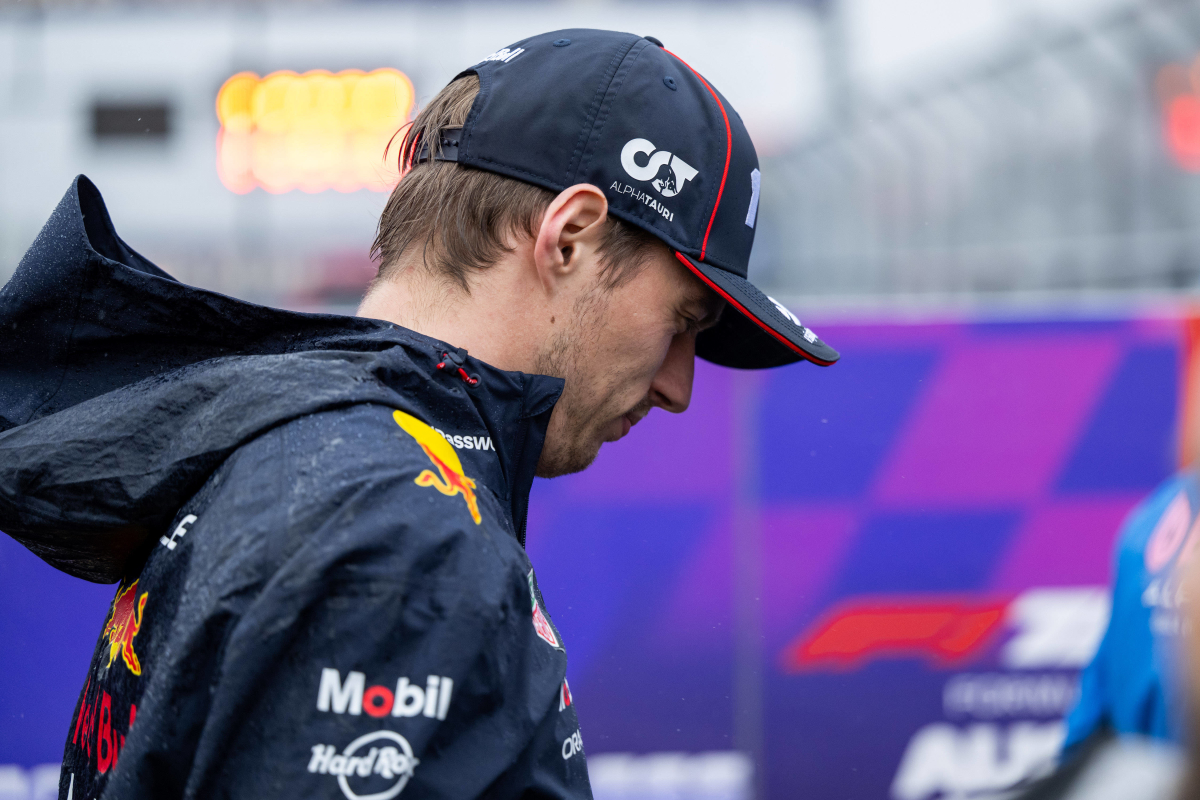Miami Grand Prix Sprint Race Delayed Amid Chaotic Weather Co.. read mor
The Formula 1 sprint race at the 2025 Miami Grand Prix faced significant disruption due to severe weather, prompting officials to delay the start amid treacherous track conditions that left even the most seasoned drivers struggling for control. Torrential rain drenched the Miami International Autodrome just as the race weekend’s highly anticipated sprint event was about to commence, forcing FIA officials to intervene after drivers reported alarmingly poor grip levels and limited visibility.
The sprint race procedure initially got underway with the cars lining up for a formation lap behind the safety car. FIA Race Director Rui Marques used this lap to assess the circuit’s safety conditions through real-time feedback from the drivers. However, the consensus was swiftly reached that the rain-soaked track posed a serious safety risk. Shortly thereafter, the race was red-flagged, bringing the proceedings to an immediate halt and delaying the 100km sprint event.
McLaren driver Oscar Piastri voiced strong concerns during the formation lap, calling the conditions “genuinely the worst” he had ever raced in. His words echoed the sentiment felt across the paddock, with many drivers struggling to keep their cars on the slippery surface. Even four-time world champion Max Verstappen found himself in trouble. Despite his vast experience and skill in wet conditions, Verstappen locked up his brakes and slid off the track during the early laps behind the safety car.
Ferrari’s Charles Leclerc endured the worst of the chaos, crashing out before even completing the formation lap. His car was left damaged and stranded, preventing him from taking any part in the sprint race. It was a crushing blow for the Monegasque driver, especially with the weekend’s main Grand Prix still ahead.
In a bid to make the track safer, crews worked tirelessly to sweep standing water off the racing surface. After a considerable delay and reassessment by the FIA, it was announced that the sprint race would restart at 12:28 p.m. local time (EDT). The announcement clarified that the sprint had not officially begun despite earlier confusion caused by differing interpretations of the rules and timing screens.
The situation sparked heated debate among the Sky F1 commentary team, particularly concerning whether the first lap behind the safety car should be counted as part of the race. Telemetry data indicated that the session was already one lap in, but the official race clock had not started. This discrepancy led to questions about how the FIA was handling the sprint format under abnormal conditions.
Sky Sports analyst Martin Brundle weighed in on the controversy, noting the complexities involved in altering a sprint race schedule. “You can’t just lob in an extra formation lap,” Brundle said. “The cars are fuelled very precisely for a formation lap and a sprint race. You can’t just randomly lop extra formation laps at Formula 1 teams—that’s why I believe the screen that’s up there.”
Brundle’s point highlights a broader issue about how tightly controlled and pre-planned F1 races are, especially sprints. Teams calculate fuel loads, tire strategies, and driver approaches to the lap based on strict rules. Deviations can create confusion not just for teams and drivers, but also for broadcasters and fans trying to follow the action.
The delay in Miami has reignited discussions within the sport about how to handle unpredictable weather in sprint race formats. While safety remains the top priority, the balance between ensuring fairness, providing entertainment, and maintaining regulatory consistency remains delicate.
As teams recalibrated their strategies and prepared to restart under better conditions, many eyes were on how the revised sprint would unfold and whether the chaotic prelude would have lasting effects on drivers’ confidence going into the main race.
The Miami Grand Prix sprint incident serves as another reminder of the unpredictable nature of motorsport and the ever-changing challenges that weather can bring to a race weekend. With the 2025 season continuing to evolve, F1 may need to revisit its protocols around weather delays, particularly in sprint races, where the margin for error is already razor thin.
For now, fans will hope that the remainder of the Miami Grand Prix weekend runs smoothly, with clear skies and clean racing offering some redemption after the disrupted sprint start.




